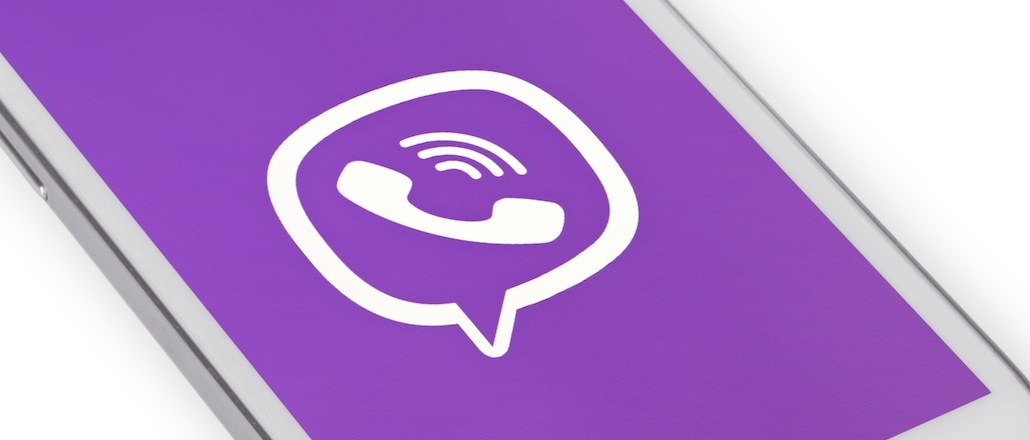
Viber is no longer content being just a messaging app, it wants to become a portal in its own right.
The app, which claims to have more than 600 million users worldwide, launched in 2010 as a communication app offering users free text messaging, voice calls and video calls. But since being acquired by Japanese e-commerce giant Rakuten for $900 million in February 2014, it has been bullish on broadening its offerings — including custom emojis and stickers for brands as well as games.
“Our ambition is to combine communication and entertainment to become a social entertainment base on mobile that centers on communication,” said Scott Nelson, head of Viber in North America. “We think games are a great way to do that. It’s part of our long-term strategy to make it easier for users and brands to connect.”
Viber Games, its gaming platform, is at the forefront of Viber’s expansion bid. It has attracted “millions of players worldwide” since being launched in February this year, according to company. The platform, which has four free games, allows users to sign in using their Viber IDs and challenge their contacts, share their scores and compete on leaderboards. The newest game, called Wonderball, launches today. Last year, it also introduced Public Chats, which allows users to see real conversations from their favorite celebrities, personalities, brands and publishers –including Mashable, Huffington Post, the BBC and Buzzfeed.

To boost its gaming capability, Viber recently acquired Nextpeer, a software development kit that allows game developers to incorporate social features into their games. With the acquisition, Viber aims to connect mobile players all over the world.
Though the games themselves are free to play, experts see this as a move to boost its add-on features and monetize by selling in-app virtual goods like stickers and avatars. While Viber doesn’t have promoted posts or ads yet, it has been monetizing through its sticker and emoji offerings already.
“It’s more intimate than other social media channels because you’re getting an insider’s view of the people and subjects that matter to you most,” said Nelson.
“Once these apps have attracted a sizeable audience, the next step is to trigger and lengthen social engagement and then monetize,” said Gabe Zichermann, editor of gaming news and reviews site Gamification.co. “It’s hard to get people to pay for chats, but it’s easier to get people to pay for items like stickers, emoji and games.”
The competition in the space is intensifying, though, said Scott Marsden, senior vp of media, DigitasLBi.
“Viber was one of the original long distance communication tools available, but now has tough competition from a number of different players,” he said. “Messaging apps like WeChat, Line, Whatsapp, and now Facebook Messenger have all been developing ‘add-ons’ in effort of capturing more user attention.”
Apart from these pushes, Viber is also looking to expand its footprint in the U.S. While Viber and its competitors have large user bases overseas, they have lagged behind in the U.S. in terms of users. According comScore data from April, Viber has 5.5 million users on the U.S., while Forrester places it at the ninth position in messaging apps. It recently signed on a number of agencies including Droga5 for creative, Laundry Service for social media, Essence for media and Allison & Partners for PR.
As the space continues to grow, brands and agencies are paying particular attention to it. “We have dipped our toe in on a few occasions, but only tactically,” said Marsden. “When relevant, we will definitely recommend it as a solution for our clients.”
More in Media

In Graphic Detail: The scale of the challenge facing publishers, politicians eager to damage Google’s adland dominance
Last year was a blowout ad revenue year for Google, despite challenges from several quarters.

Why Walmart is basically a tech company now
The retail giant joined the Nasdaq exchange, also home to technology companies like Amazon, in December.

The Athletic invests in live blogs, video to insulate sports coverage from AI scraping
As the Super Bowl and Winter Olympics collide, The Athletic is leaning into live blogs and video to keeps fans locked in, and AI bots at bay.





